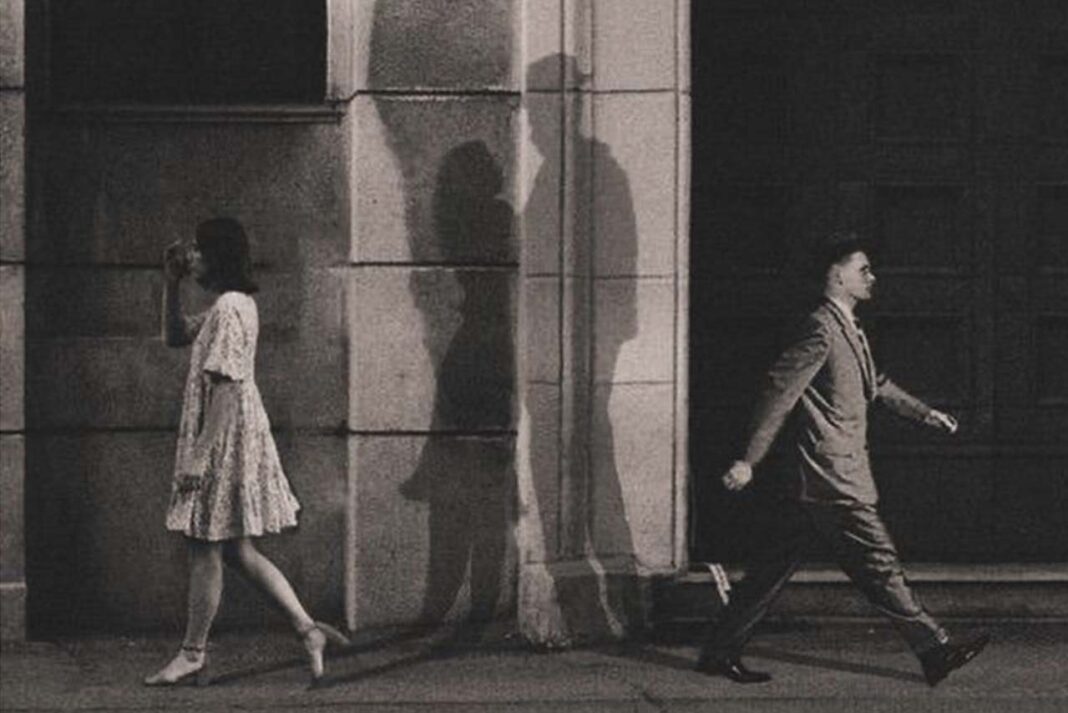“I know they don’t love me the way I need.
But I still stay. Why?”
There is a certain kind of heartbreak that doesn’t come from being left — it comes from constantly staying where love never arrives. Many people find themselves entangled in relationships that are one-sided, emotionally cold, or inconsistent. The pain is real, yet so is the longing. And somewhere deep inside, the question whispers:
Why do I keep wanting the person who keeps leaving me emotionally hungry?
This is not about weakness. It is about wiring — emotional blueprints shaped by early relationships, attachment wounds, and the hope that maybe this time, I’ll be chosen.
Love That Doesn’t Love You Back: The Emotional Trap
Being drawn to emotionally unavailable people is often misunderstood. From the outside, it looks irrational — even self-destructive. But in reality, it’s an unconscious attempt to recreate a familiar emotional pattern from childhood and finally “win” the love that was once missing.
Some signs you’re craving unavailable love:
• You feel addicted to highs and lows.
• You chase, they retreat.
• You idealize small crumbs of affection.
• You confuse inconsistency with passion.
These aren’t random patterns — they’re psychological echoes of emotional neglect, anxious attachment, and fear of abandonment (Levine & Heller, 2010). The chase becomes a form of survival: if I can make this person love me, I will finally prove that I’m lovable.
Origins: Where This Pattern Begins
Most people who crave unavailable love didn’t grow up feeling emotionally secure. They may have experienced:
• Parents who were loving but distant
• Affection that was conditional (“Be good, and I’ll love you”)
• Emotional inconsistency, where love was hot and cold
These experiences leave deep imprints. The child grows up learning that love must be earned, not freely given. As an adult, they are drawn to partners who mirror this emotional unavailability — not because it feels good, but because it feels familiar (Bowlby, 1988).
It becomes a psychological loop:
You chase → they avoid → you feel rejected → you chase harder → they pull away → you blame yourself.
Addicted to the Chase: When Love Becomes a Trigger
Loving someone who never fully shows up becomes addictive not because it’s fulfilling — but because your nervous system is constantly activated. This is what psychologists call an anxious-avoidant trap (Levine & Heller, 2010):
• You reach out → they withdraw
• You panic → they shut down
• They return just enough to keep you hopeful
Each cycle releases dopamine and cortisol, the brain’s reward and stress chemicals. Over time, you mistake anxiety for intensity — and longing for love. This is how trauma bonds are formed: the emotional inconsistency mirrors past wounds and feels familiar enough to cling to, even if it hurts (Carnes, 2012).
You’re not in love with them — you’re in love with the hope of finally being chosen.
And that hope… is the most intoxicating part.
The Emotional Cost: Losing Yourself to Be Loved
While chasing someone emotionally unavailable, what often gets lost is you.
• You lower your standards.
• You justify their silence.
• You shrink your needs so you don’t “scare them away.”
And still, they don’t stay. Not in the way you long for. Over time, you begin to internalize this:
Maybe I’m too much. Maybe if I was less emotional, less needy, more patient… they would stay.
This internal dialogue plants the seed of chronic self-doubt and emotional depletion.
Studies show that emotionally unreciprocated relationships significantly increase symptoms of depression, low self-worth, and relational trauma (Firestone, 2016; Shaver & Mikulincer, 2007). It becomes a loop of loving and losing yourself, over and over again.
And perhaps the most radical act of healing is this:
To walk away from someone you deeply want — because they don’t give you what you deeply need.
That is not weakness. That is power.
That is self-respect.
That is emotional maturity.
That is the beginning of real love — starting with yourself.
References
• Bowlby, J. (1988). A Secure Base: Parent-Child Attachment and Healthy Human Development. Basic Books.
• Carnes, P. (2012). The Betrayal Bond: Breaking Free of Exploitive Relationships. Health Communications.
• Firestone, L. (2016). Why We’re Attracted to Emotionally Unavailable Partners. Psychology Today.
• Levine, A., & Heller, R. (2010). Attached: The New Science of Adult Attachment and How It Can Help You Find—and Keep—Love. TarcherPerigee.
• Shaver, P. R., & Mikulincer, M. (2007). Attachment Theory and Emotion Regulation. In J. J. Gross (Ed.), Handbook of Emotion Regulation (pp. 446–465). Guilford Press.


